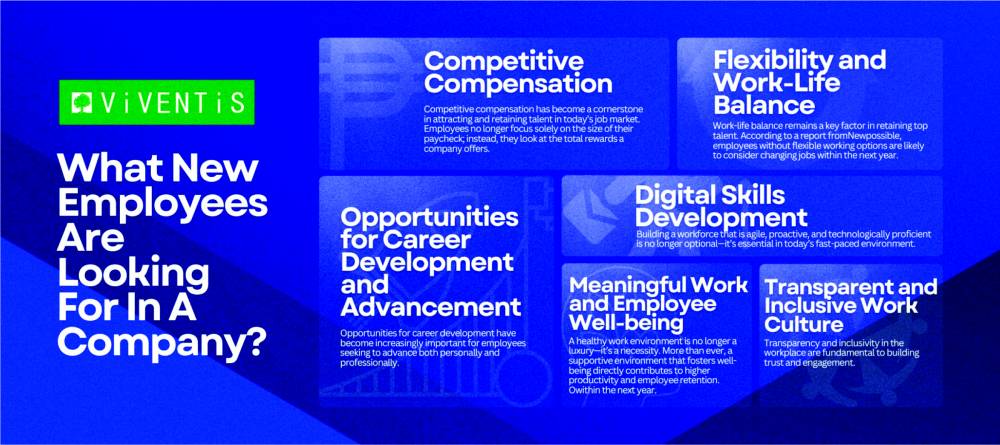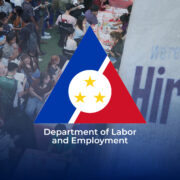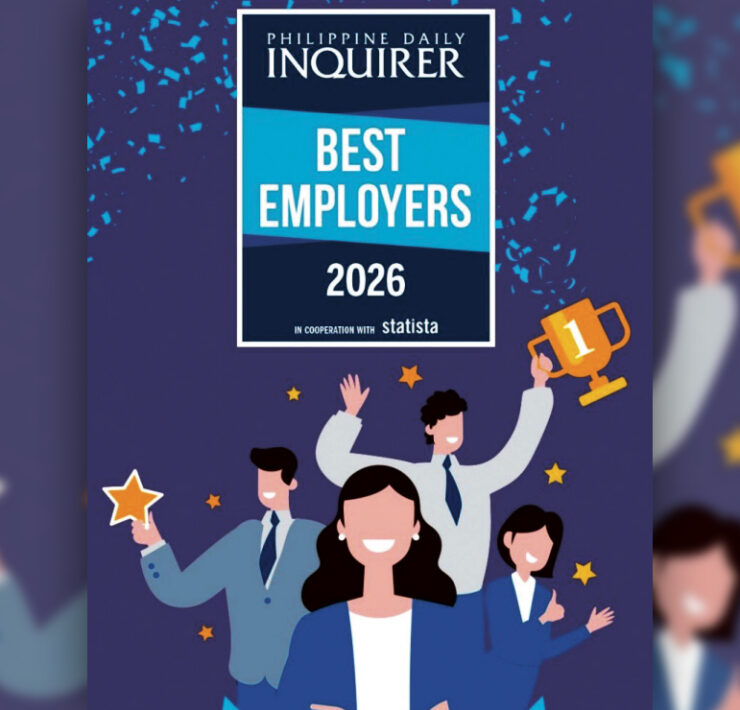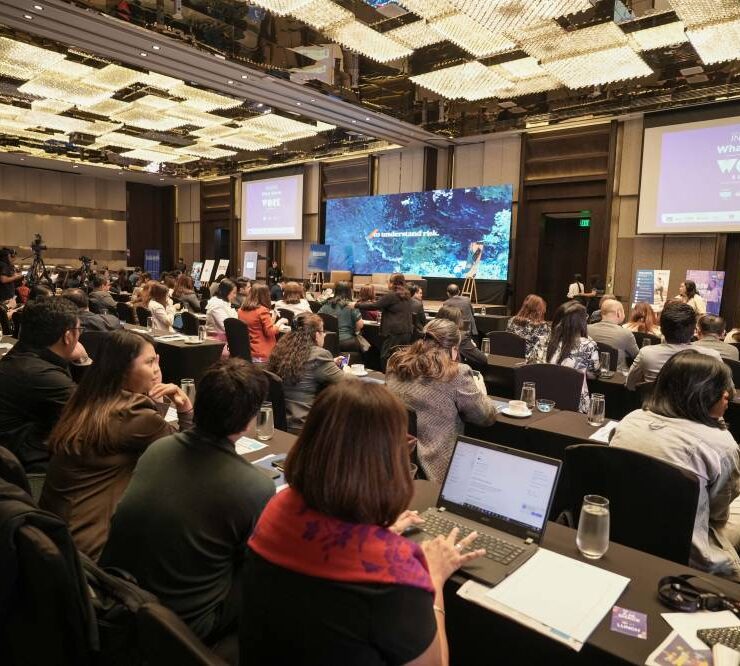What new employees look for in a company

The evolution of digital talent in recent years has dramatically changed the modern workplace. In the old days, power rested largely with employers, but now it has become a market where employees have greater influence and have more choices.
To understand this change, look at what the workforce was like before Generation Z. At that time, everything depended on hard skills, years of experience and an explorer’s mindset within a structured input-driven 9-to-5 corporate environment.
This traditional mode of thinking has been disrupted by the arrival of digital talent — individuals proficient in harnessing new technologies. While technical expertise used to up performances in yesteryears, presently, attributes such as purpose, passion, and soft skills hold equal weight with technical expertise.
Increasingly, performance is being assessed in terms of productive output rather than the amount of time you clock into an office. The trend is towards upskilling or even reskilling, for those already skilled up in one field of work.
The workplace is becoming more adaptable, especially with the rise of hybrid models where humans and machines collaborate. But even with these advancements, many employers still struggle with a persistent skills mismatch.
As the talent landscape keeps evolving, it’s clear that new employees are placing more importance on finding meaningful, impactful work that aligns with their values and goals. This shift is reshaping how companies attract and retain talent in today’s market.
So, what are the key factors that new employees now seek in a company?
Competitive compensation
Competitive compensation is no longer just about the paycheck. In today’s job market, employees are looking for more than just a salary — they’re paying attention to the entire package a company offers.
It’s not just about the money anymore; things like health and wellness programs, retirement plans, paid time off, and performance bonuses all play a big part in how people view their job. A well-rounded compensation package is vital in meeting employee expectations, enhancing satisfaction, and securing long-term loyalty in an increasingly competitive labor market.
Flexibility and work-life balance
Flexibility has become a game-changer in today’s workplace. The rise of digital workspaces gives employees the chance to stay productive without compromising their personal physical and mental well-being, and maintaining a healthy work-life balance is more important than ever in keeping top talent.
A report from New Possible shows that employees who don’t have flexible work options are more likely to consider switching jobs within the next year. While some companies are pushing for a full return to the office, many employees are still pushing back, advocating for a “work anytime, anywhere” approach that lets them protect the balance they care about most.
Digital skills development
Employees now expect employers to not only invest in cutting-edge tools but also to provide environments that support digital transformation. This is crucial for enabling a forward-thinking, tech-savvy workforce that thrives in today’s rapidly evolving landscape, because building a workforce that is agile, proactive, and technologically proficient is no longer optional—it’s essential in today’s environment
Opportunities for career development and advancement
Opportunities for career development have become increasingly important for employees seeking to advance both personally and professionally. In a time where career growth is paramount, organizations must offer clear paths for advancement and continuous learning.
Meaningful work and employee well-being
Offering benefits such as health maintenance organization (HMO) coverage, access to mental health professionals, and gym memberships can significantly enhance employee happiness and well-being and attract talents. Because a company that prioritizes employee well-being creates a sense of purpose and belonging, leading to more engaged and productive teams. As we may know, a healthy work environment is no longer a luxury—it’s a necessity.
Transparent and inclusive work culture
Transparency and inclusivity in the workplace are not just mere catchphrases, they have also become key aspects of the hiring landscape. Promises such as a culture where open and honest communication between employees and management is prioritized ensure that everyone feels valued and safe.
The power of authentic employer branding
In today’s competitive job market, authenticity matters more than ever. Employees and job seekers are quick to spot which companies are genuinely living up to their values. With easy access to online reviews, feedback, and background checks, candidates have the tools to see if an organization truly aligns with what it claims to be.
This impression can make or break an employer’s ability to attract the right talent. Beyond just having a polished image, what really stands out is authenticity—recognizing the value and influence that potential employees bring and effectively communicating what your company is truly about.
As the demand for digital talent keeps growing, the factors influencing job seekers’ decisions will only become more critical. Employers need to rethink how they operate, because the workplace is continually evolving. Authentic employer branding, built on transparency and genuine values, will be essential in attracting and keeping top talent.
To stay competitive and meet the expectations of a tech-savvy, digital-first workforce, adapting to these shifts isn’t just important—it’s a must. –YU MING CHIN
The author is Executive Director of Viventis Search Asia, a leading human capital solutions provider and consulting firm.



















